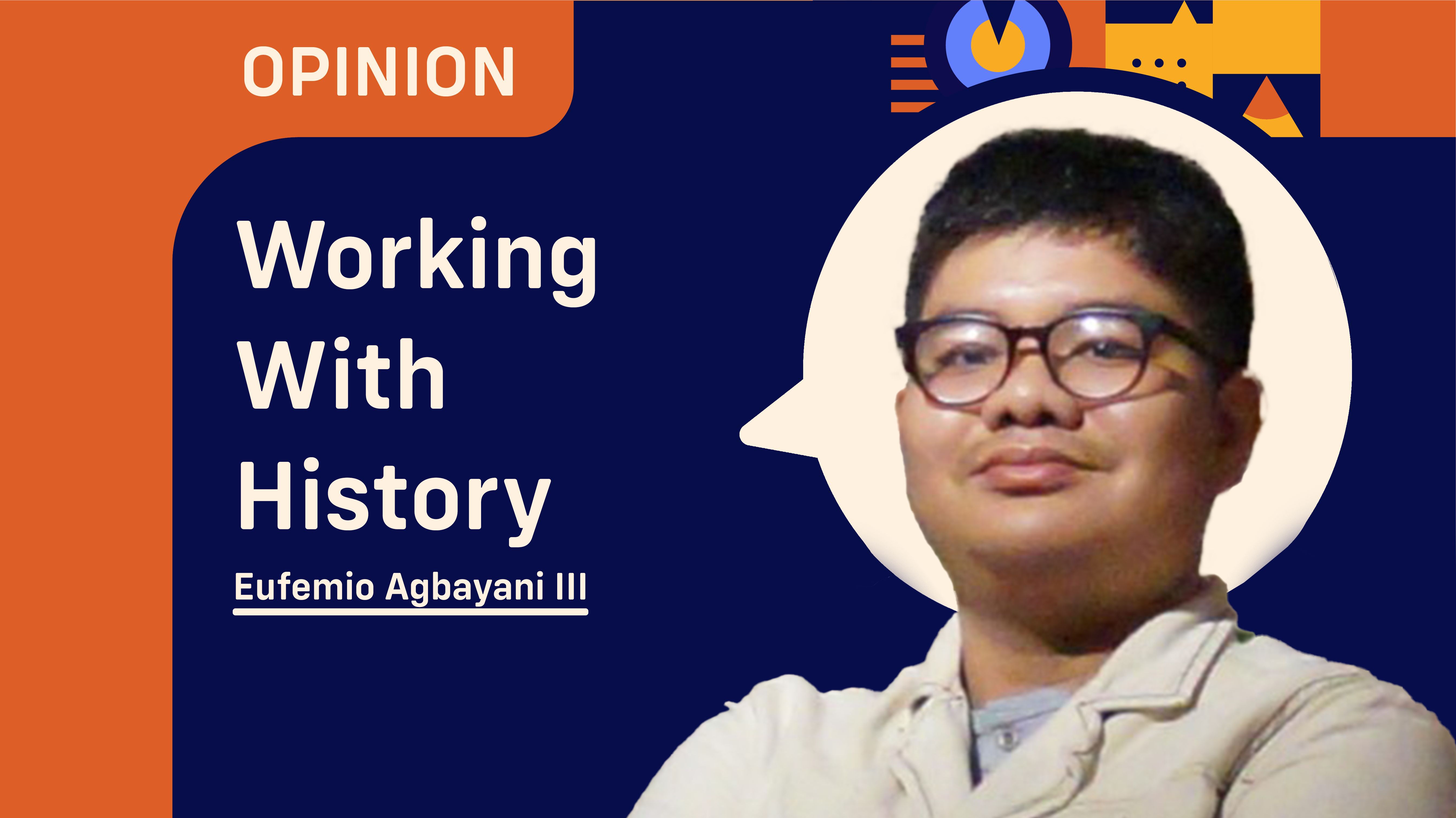Aside from National Arts Month, February is also a month filled with historic anniversaries in the Philippines. The first one that comes to mind, of course, is the anniversary of the EDSA People Power Revolution which ended a dictatorship and restored basic civic freedoms.
It was on February 17 that the three martyr priests Jose Burgos (namesake of the town of Padre Burgos), Mariano Gomez, and Jacinto Zamora were executed.
It was on February 4 when a war between the newly-inaugurated Philippine Republic and a new colonizing power, the United States, began. It is now commemorated with a special working holiday, the Philippine-American War Memorial Day, and where now-famed General Antonio Luna (namesake of General Luna town) figured in its early stages.
Even the start of the month is historic, as it is the birth anniversary of Jose Ma. Panganiban, a little-known propagandist whose death was mourned by the likes of Jose Rizal, Marcelo H. del Pilar, Graciano Lopez Jaena, and Mariano Ponce.
Panganiban was born in Mambulao, Camarines Norte (now renamed in his honor) in 1863. At a young age, people have noticed his high capacity for remembering things and his rapacious curiosity. In addition, he was also good in public speaking and in writing stories and poems. A quintessential gifted child.
He aced his classes at the Seminario Conciliar de Nueva Cáceres(now Holy Rosary Minor Seminary in Naga City) and went on to study in the Colegio de San Juan de Letran and the Universidad de Santo Tomas.
But he really wanted to learn more. He went to Spain in 1888 and studied medicine. He balanced his activities in the Propaganda movement, delivering speeches and writing articles for La Solidaridad which were noted for sometimes having a sarcastic tone. Even when he was struck with tubercolosis, he continued studying. But a human body has its limits, and he sadly died on August 19, 1890.
His compatriots in the Filipino community in Spain mourned him not just for his fiery passion for the Philippines, but also for what would have been. Imagine if he had not died so young, if he had been able to return to the Philippines to contribute his genius to the Revolution and to the building of the Philippine Republic. Sure, this country has no shortage of intelligent and wise people, but still, sayang!
Although the legacy of Panganiban was wholeheartedly embraced by Bicolanos, we Quezonins could also be proud of him. He was ethnically Tagalog, with a father from Hagonoy, Bulacan and a mother from Mauban. He was, indeed, related to the prominent Enverga clan. His legacy, despite his brief life, reminds us of how much connections we Quezonins have with the rest of our country and how our local history enriches our national history. Let us embrace his memory and call him ours too.
***
I have mentioned in a previous essay that a fellow Quezonin, Mark Anthony J. Glorioso, currently serves as curator of the NHCP Museo ni Jesse Robredo. In this capacity, and also because we can definitely consider him a local historian, he was invited to deliver a message in Naga City’s celebration of Panganiban’s birth anniversary. His presence not only affirms Panganiban’s importance in national history but also reminds us of his Quezonin roots.
